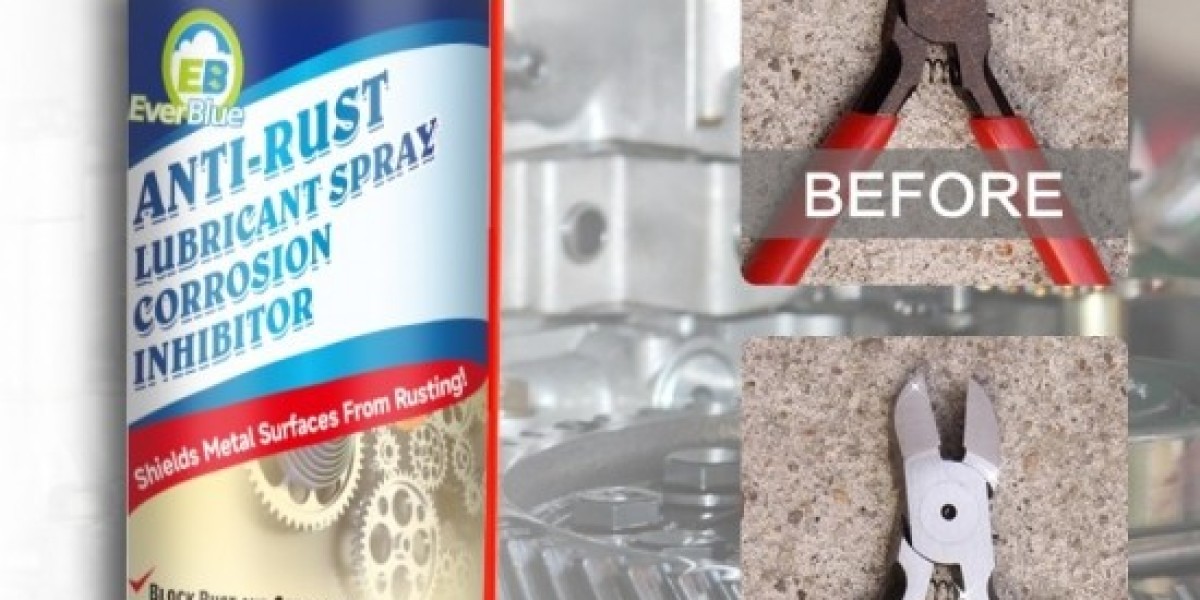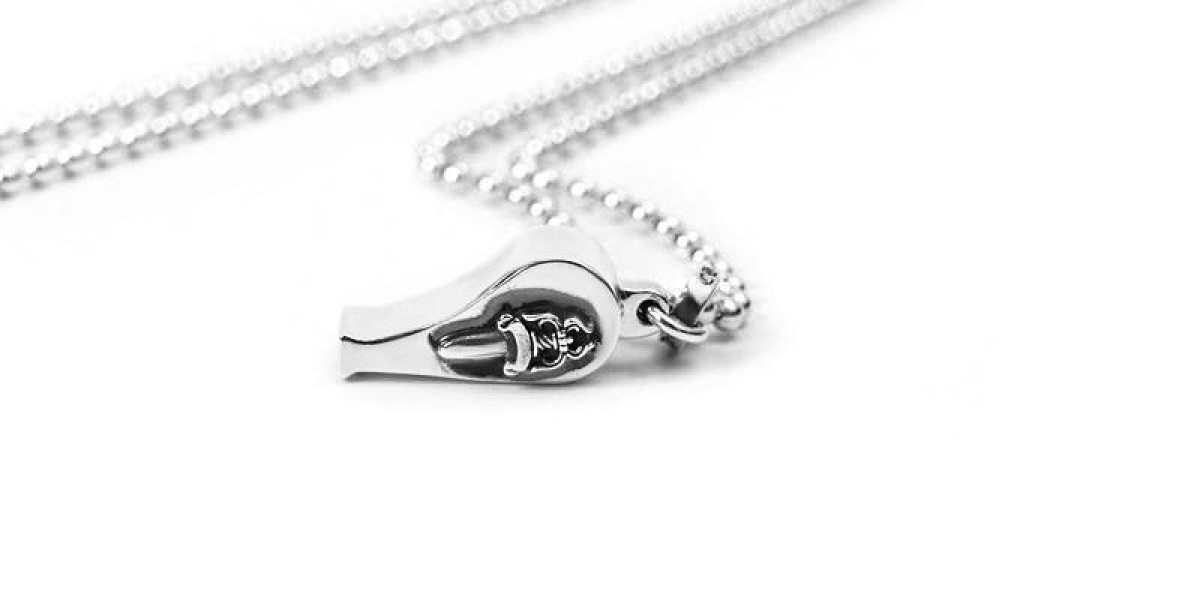Introduction to Rust and Corrosion
Rust and corrosion are natural chemical processes that cause iron and steel to deteriorate when exposed to oxygen and moisture over time. Left unmanaged, these degradation processes can damage machinery, equipment, and infrastructure. While undesirable, rust and corrosion are unavoidable for most metal objects that are used outdoors or in humid environments. Proper maintenance using rust preventatives like lubricants is necessary to slow the destructive reactions and extend the functional life of assets.
Causes and Formation
When iron or steel is exposed to oxygen and moisture, an electrochemical reaction occurs that causes the metal to oxidize or rust. Oxygen in the air or water reacts with the iron, stripping electrons from the metal atoms and forming iron oxide compounds on the surface. These rust particles continue growing and consuming more of the base metal below as long as oxygen and moisture are present. Common rust is hydrated iron (III) oxide, commonly known as rust, which forms as a flaky, brittle, and friable layer on the exposed metal surface. Environmental factors like humidity, air pollution, saltwater, and acid rain can accelerate corrosion rates by increasing the electrochemical potential of the metal. Proper surface treatments and coatings are needed to isolate iron and steel from the atmosphere and inhibit the oxidative process of rust formation.
Role of Rust Lubricants in Rust Prevention
While coatings and paints provide a physical barrier against corrosion, lubricants play an important role as well by displacing water and oxygen from metal surfaces. When applied as a thin film, high-quality lubricants exclude reacting elements and form a hydrophobic moisture barrier. They also inhibit oxygen diffusion to the metal interface. Multi-functional lubricating oils contain active corrosion inhibitors that absorb onto metal and block anodic and cathodic electrochemical sites where rust initiations occur. By creating an inert, non-reactive environment, lubrication prevents corrosion from starting or progressing any further. Regular reapplication maintains this rustprooft protective barrier over time as the lubricant eventually disperses or wears away.
Internal Combustion Engine Applications
In automotive and heavy equipment applications, engine lubricating oils containing detergent and anti-wear additives not only lubricate and cool moving parts, but also protect the internal engine components from rust and corrosion damage. The layered oil film isolates the metal surfaces from water that may enter the crankcase through combustion or condensation. This is critical to prevent rust on cylinder walls, bearings, gears, and other internal ferrous alloys. Engine oils also neutralize acidic combustion byproducts that could otherwise corrode metal parts. By maintaining clean lubricated conditions inside the engine, the oil prevents micro-scale rust from accumulating and leading to premature wear issues down the line. This lubrication-based rust protection is crucial for maximizing engine service life even in continual wet/humid operating environments.
Rust Lubricant Industrial Machinery Applications
In industrial machinery, reliable long-term rust prevention is essential to maintaining uptime and minimizing unplanned downtime. Large metal structures, production equipment, heavy equipment, and infrastructure all depend on robust lubrication practices to resist corrosion attacks. Circulation systems for metalworking fluids provide dual-role lubrication and rustproofing of machine tools and fabricated parts. Greases protect exposed threaded joints, linkages, pins, and sliding surfaces on stationary equipment. For offline storage or infrequently used assets, applying a high-film strength lubricant forms a durable corrosion inhibiting barrier. This temporary preservation technique keeps equipment components rust-free until being recommissioned. Across all industrial sectors, the lubrication domain plays an integral unseen role in rust management that safeguards costly capital investments and optimized operating efficiency.
Marine Applications
Outdoor applications like marine vessel engineering demand extraordinary rust prevention to contend with harsh saltwater exposure. Decks, rails, rigging hardware, and other structural steel require robust grease applications for element exclusion and barrier effect. Below decks, machinery lubricating oils combat acidic corrosion with detergent additives while circulation systems distribute protective films. For idle periods or long-term dry dock storage, applying wax-based preservatives forms an insoluble moisture barrier exceeding one year of protection. Likewise, boat trailers benefit from tenacious lubricant-based surface treatments rather than just yearly washing to keep hardware corrosion-free between uses. With proper lubrication strategies in place, boat and ship owners can achieve decades of rust-free service even under grueling seaside conditions.
Selecting the Right Rust Lubricant Chemistry
When choosing a lubricant for rustproofing applications, properties like oil film strength, corrosion inhibitor level, water displacement ability, and long-term adhesion are prioritized over pure lubricity. Synthetic and semi-synthetic base oils generally outperform traditional petroleum varieties here due to better oxidation stability, lower volatility, and enhanced moisture displacing action. Blended rust preventive formulations contain proprietary multipurpose additives that chemically bond robust corrosion inhibitive layers. Specialty solvent carriers also boost distribution and wetting for deep surface penetration. Proper selection matched to the metal substrate and environmental exposures ensures the most durable long-term rustproof performance within budgets. Consultation with lubrication experts helps specify the ideal product chemistry and application method for each protection challenge.
Conclusion
While commonly overlooked in favor of more proactive corrosion treatments, lubrication serves as the ever-present unsung hero defending machinery, equipment and structures from rust deterioration wherever metals meet. By displacing water and oxygen at interfaces while chemically inhibiting electrochemical reactions, lubricants provide a synergistic boost alongside traditional coatings. With proper maintenance using the right lubricant formulations, metal reliability can be ensured for decades even in humid, salty, or corrosive environments. Overall maintenance excellence demands an integrated approach combining surface treatments, designs, and robust lubrication praactices for complete holistic protection against rust and corrosion damage.



